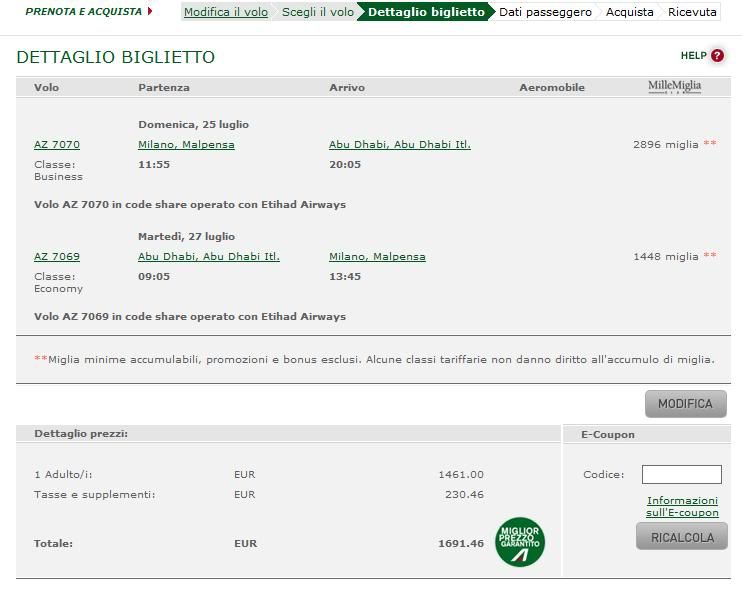Etihad focuses on point-to-point traffic instead of rivals' East-West strategy
By Aaron Karp | September 27, 2010
Etihad Airways Head of Network Planning Imed Ben Abdallah said the carrier is pursuing a growth strategy "distinct" from Gulf rivals Emirates and Qatar Airways by focusing on developing point-to-point traffic to/from its Abu Dhabi base rather than pursuing broad based East-West transit traffic.
Speaking at the World Route Development Forum in Vancouver last week, Abdallah told ATW, "Our focus is on building Abu Dhabi and bringing people into and out of Abu Dhabi…We want to develop niche markets where there is no competition…Yes, there is some direct competition [with EK and QR], but we have a different business model…We're not trying to emulate [EK and QR], so developing O&D traffic is critical to us." He said O&D passengers comprise nearly 50% of Etihad's traffic currently, a figure the carrier is seeking to boost.
Others are not convinced, believing that three carriers in such close proximity pursuing aggressive growth strategies could become problematic for one or more of them. "You're not going to have three [top tier hub airports] in the Gulf," Fred Lazar, an economist from the Schulich School of Business at York University in Toronto, said. Also speaking at the Vancouver conference, he commented that too many airports around the world "have grand illusions that they'll be tier one hubs." He predicted the Middle East will have one or, at most, two major international hubs in the future.
QR CEO Akbar Al Baker said earlier this year that the majority of Gulf carriers will "just disappear," leaving only "two dominant carriers" in the region, presumably his own airline and EK.
Abdallah said Etihad's growth plans are aligned with Abu Dhabi's ambitions: The emirate's 20-year economic development plan, which includes a significant airport expansion, foresees its population more than doubling over the next two decades to around 3 million by 2030. Etihad projects the airline's workforce will nearly quadruple from 7,000 today to around 27,000 by 2020, by which time it plans to carry 25 million passengers annually on 155 aircraft including 10 A380s and 35 787s.
Abdallah said controlling costs will be important as Etihad expands. "We are not adding destinations for the sake of adding," he explained. "We need to make money…Some airports [seeking to be served by Etihad] have the perception that we are in the Gulf, so we don't care about costs. We do care about costs. Every penny is critical."
CEO James Hogan has maintained 2011 as a target for the carrier to break even.
ATWOnline

